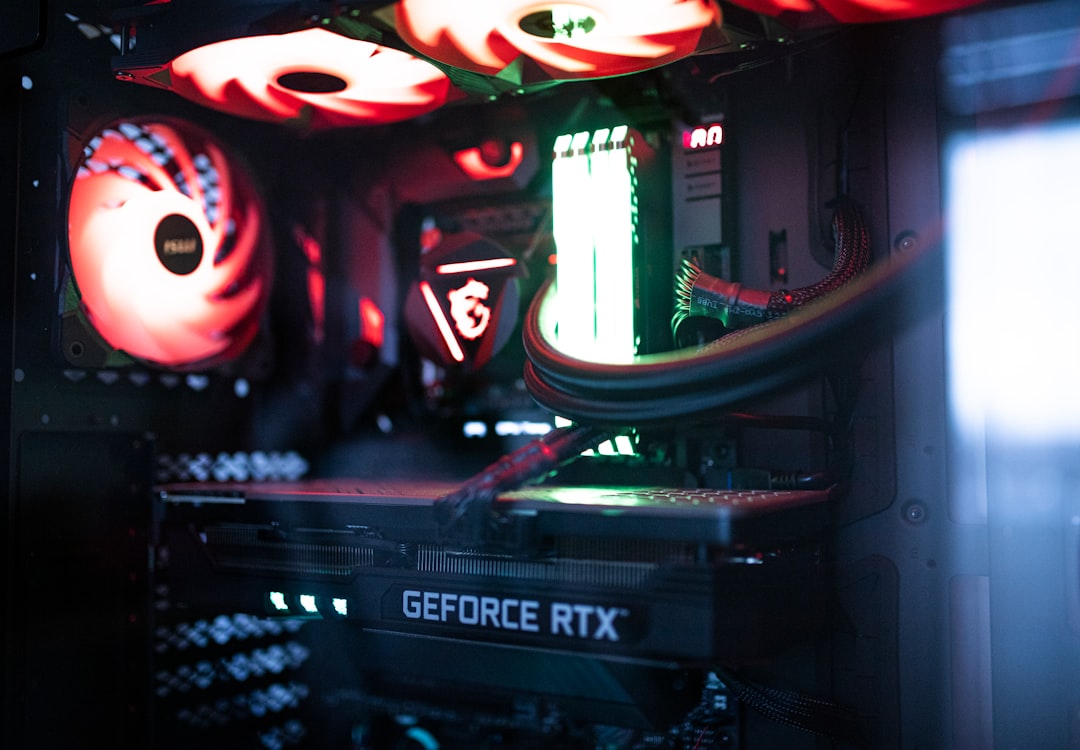
Nvidia (NASDAQ:NVDA) announced Tuesday it will take a $5.5 billion charge after the U.S. government tightened export restrictions on its H20 artificial intelligence chip, severely limiting shipments to China—one of Nvidia’s most lucrative growth markets.
New U.S. Licensing Rules Hit Top AI Chipmakers
The move, led by the U.S. Commerce Department, imposes new licensing requirements on high-performance chips including:
Nvidia’s H20
AMD’s MI308
Other AI accelerators with comparable performance.
“The Commerce Department is committed to acting on the President’s directive to safeguard our national and economic security,” said a department spokesperson.
These export curbs are part of the Biden administration’s broader strategy to slow Beijing’s access to advanced AI and semiconductor technologies amid growing geopolitical competition.
Market Reaction
Nvidia shares dropped 6% in after-hours trading.
AMD (NASDAQ:AMD) fell even harder, sliding 7%.
The newly restricted H20 chip was a crucial workaround product, carefully designed to fall just below previous export thresholds while still appealing to Chinese tech giants like Tencent, Alibaba (NYSE:BABA), and ByteDance.
The H20: Critical for China, Crucial for Nvidia
The H20 chip plays a vital role in AI “inference” tasks, where trained models process real-time queries—a segment that Nvidia CEO Jensen Huang recently highlighted as the next frontier in AI computing.
“Inference is where the market is going, and we’re positioned to lead it,” said Huang.
While not as powerful in training AI models, the H20’s efficiency and affordability made it popular with Chinese firms developing low-cost generative AI tools, especially startups like DeepSeek.
Broader Implications for Nvidia and the AI Sector
The $5.5 billion charge signals the immediate financial cost of U.S. export policy on Nvidia’s China ambitions.
It also raises questions about Nvidia’s ability to maintain global dominance while facing mounting geopolitical headwinds.
Despite the setback, analysts expect Nvidia to pivot aggressively toward expanding domestic AI infrastructure and alternative international markets.
Track Real-Time Company Financials
To monitor how these developments affect Nvidia’s fundamentals and valuation metrics, use the? Key Metrics API from Financial Modeling Prep.
This API provides comprehensive insights into a company’s EBITDA, net income, EPS, and R&D spending—vital for evaluating AI leaders like Nvidia and AMD in volatile policy environments.
Final Word
Nvidia’s massive write-down underscores the growing clash between AI innovation and national security policy. With U.S.-China tensions escalating, chipmakers must now navigate a more fragmented and regulated global tech landscape—one that could reshape the future of artificial intelligence.

